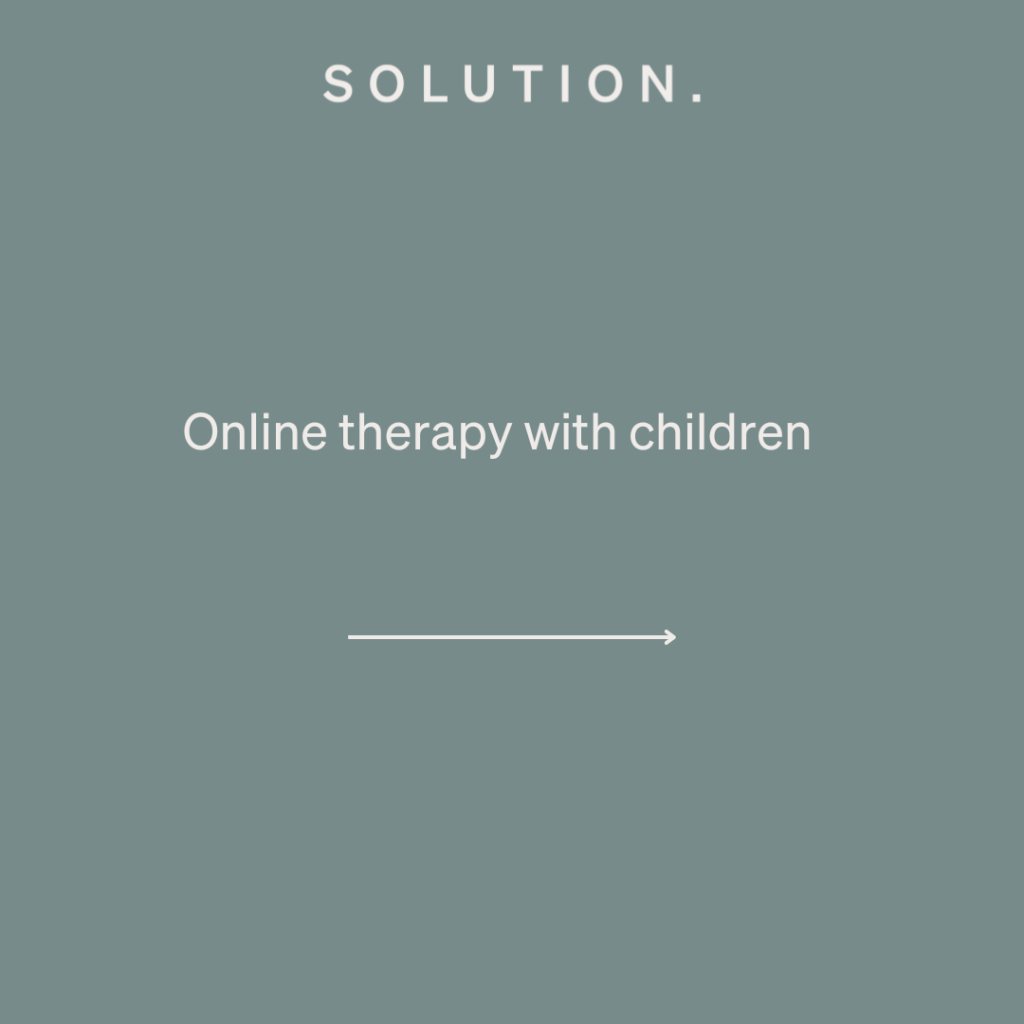Child Psychology
Research suggests that half of all mental health issues start before the age of 14. These struggles can lead to family difficulty, school disruption, and violent behaviour in some cases. As such, early intervention and child psychology is vital.
What is a Psychologist?
A psychologist is a registered health practitioner who completes a minimum 6 years of study regarding human behaviour. Psychologists work in various areas including research, training and education, in addition to their direct intervention and assessment work with clients. As experts in ways people think, learn, behave and feel, psychologists help those who are experiencing various life challenges.
A child psychologist focuses on difficulties that arise across developmental stages. The human brain is not fully developed until the age of 25, meaning that children do not think the same way adults do and require support around behavioural and emotional concerns.
Psychologists can help children understand how emotions and thoughts influence behaviours. By doing so, children can learn how to monitor their internal worlds and develop self-regulation strategies. Child psychologists also work collaboratively with parents and schools to ensure the child’s needs are being met across different environments.
Benefits of Seeing a Psychologist (just to name a few)
- Assists in the development of lifelong coping strategies
- Learn to take another perspective on various situations and behaviours
- Learn that there is help available when needed
- Realise you are not alone
- Understand your own emotional experiences
- Improve relationships
- Stress relief
- Increased self-awareness
- Healthier mindset
- Improves communication
- Increase motivation and organisation
- Improved problem solving
When to Should I Seek Help?
Some struggles are normal for children as they experience emotional ups and downs, social challenges and academic changes. Sometimes these struggles become more difficult than expected, and further help is needed. There are various signs to look for when considering seeking psychological help.
|
|
What does good mental health look like?
Children with good mental health are able to:
- Learn and concentrate well
- Have healthy relationships with friends and family
- Feel happy and have a positive self-image
- Can manage negative emotions
- Are resilient and enjoy life
Thinking about Therapy?
Parents themselves may be uncomfortable with the idea of therapy. It is important to gain awareness of any negative beliefs you have around the process and allow yourself to be vulnerable. The goal of therapy is to help your child, not to judge parenting strategies or lifestyle choices. The parent-psychologist relationship should always be supportive and open, allowing for collaboration. For children, therapy can be very hard work, therefore, it is important for a parent to be fully engaged in the work and remember that the child is not “broken” but has various strengths to draw upon.
Seeing a psychologist can be a frightening thing for a child. It is important that they are involved in the conversation and understand what is happening and why. A great way to start is by telling a child that they are going to a safe space to meet a new friend and talk about their lives. Let younger children know that there will be activities and games and that they are not alone. For teens, remember that they are likely to be resistant to talk about their vulnerabilities. Be emotionally available for them and discuss therapy in a collaborative positive way.
Mental health can be a frightening thing to talk about. However, none of us are alone in this feeling. Having a greater understanding of the therapeutic process can help with uncertainty and pave the way for hope.
What Can I Do at home?
Foster loving and supportive relationships
- Use verbal and nonverbal communication to express affection
- Use praise and encouragement when your child accomplishes something or behaves in an appropriate manner
- Take time every day to simply be with your child doing things that they enjoy
Help children manage their feelings
- Talk with your child about emotions. Help the child to label and recognise them, while assuring him that the emotional experiences are normal
- Role model coping strategies when you yourself are experiencing negative emotions
- Be emotionally available for your child
- Help your child overcome everyday worries by encouraging them
Use behaviour management strategies
- Have clear rules about appropriate behaviour and set consequences when those rules are broken
Assist with goal and skill development
- Help your child set realistic, age appropriate goals with clear steps to achieve them
- Teach your child problem solving steps
- Encourage children to try new things and learn from mistakes



